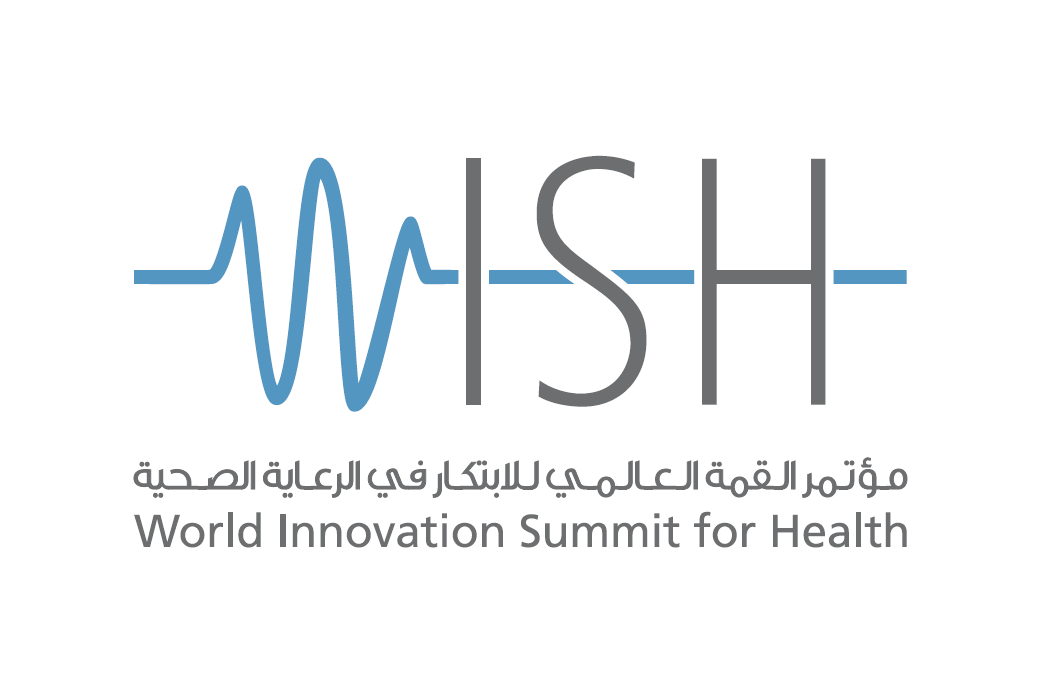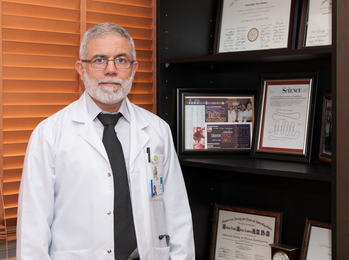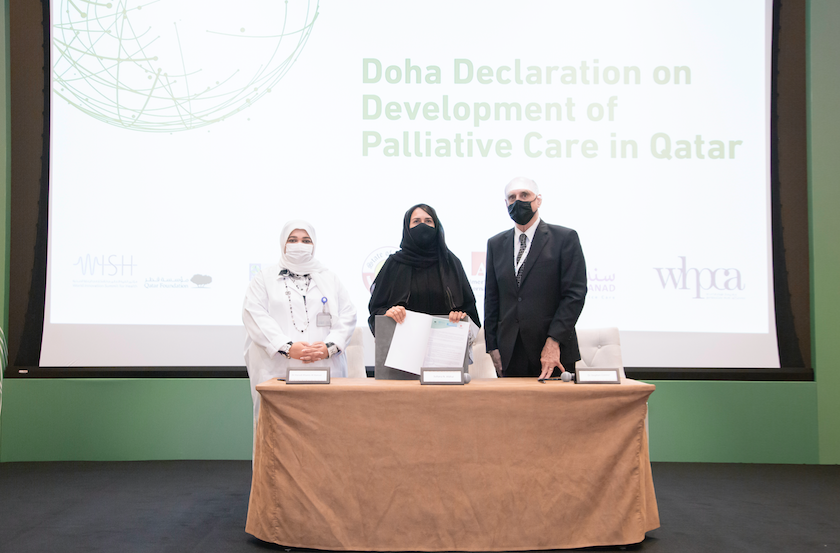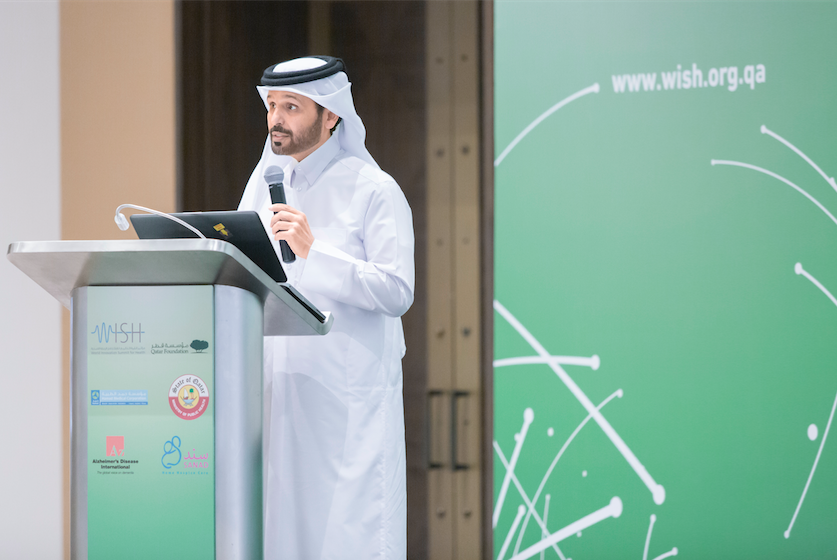MANAGING DIABETES DURING RAMADAN – SELF-DISCIPLINE IS VITAL


Top Medicine Consultant At Hamad Medical Corporation, Professor Abdul Badi Abou-Samra, Calls On Diabetes Patients To Fast Responsibly During Ramadan
Doha, Qatar, 22 June 2015: Every year, in my capacity as a medical specialist, I am approached by patients and concerned individuals who wish to clarify whether their disease or condition is compatible with Sawm, the requirement to fast during the Holy Month of Ramadan.
For those with diabetes, my advice to them is clear and consistent.
If you are in the early stages of diabetes, and have your physician’s approval to fast, then fasting can be a beneficial, fulfilling and even a healthy experience for you. If you are in the advanced stages of diabetes, however, and experience acute medical complications related to your condition, such as heart or kidney disease, I do not recommend that you fast.
Recently I shared my thoughts on this matter by contributing to an important diabetes report put together by the World Innovation Summit for Health (WISH), an initiative of Qatar Foundation for Education, Science and Community Development (QF), which called upon policymakers to address the serious, urgent and universal challenges that diabetes presents.
In my own view, this is yet another example of WISH’s continuing commitment to inspiring healthcare innovation in Qatar, which in turn supports Qatar Foundation’s mission to unlock human potential and establish this nation as an emerging centre for healthcare innovation.
Of course, regular observers of Ramadan will be well aware that sustained periods without food or drink can leave you feeling both dehydrated and exhausted. Furthermore, excessive eating during Suhoor or Iftar, the morning and evening meal during Ramadan, can cause your energy levels to rocket and then crash.
For diabetes patients, both experiences can be incredibly dangerous because of the effects they have on an individual’s blood sugar levels.
Ultimately, I would recommend that if you have diabetes and you choose to abstain from food or drink then you must consult your doctor or healthcare team to make sure you are able to maintain good health. Failing to do so is in itself contrary to the Holy Qur’an, which clearly states that you must not act in a way that harms your body. For more information about this, I ask that you speak to your imam.
Of course, it is absolutely vital that all those who are fasting consider their diet very carefully. My own advice is to try and eat a meal at Suhoor just before sunrise, as this will keep your glucose levels more balanced through the day. Foods that are best for this morning meal include complex carbohydrates, which release energy slowly, such as beans, pulses, lentils and vegetables. Also, it’s a good idea to make sure you drink plenty of water.
Furthermore, it is equally important for diabetes patients to maintain their discipline during Iftar. Despite the temptation, binge eating will cause your blood sugar to soar and it will increase your chances of hyperglycaemia (excessively high blood glucose levels).
To lessen this risk, I would advise that you follow the long-standing Islamic-world tradition of breaking the fast with a small meal, before praying and then returning for a more substantial meal.
In terms of what you eat, this is of course your own choice but I do strongly recommend against fried foods and those high in fat and sugar. Keep portion sizes moderate and make sure you drink plenty of sugar free and decaffeinated fluids to keep you hydrated.
For all diabetes patients it is important that you check your blood glucose levels regularly. I usually recommend twice a day for those with early-stage diabetes – once at 9am (approximately six hours after the Suhoor meal) and then once again after midday, plus any time that you feel unwell.
For those with advanced diabetes however, I would recommend that you check your blood glucose levels at two-hour intervals between dawn and dusk, plus any time that you feel unwell.
If your blood glucose is less than 3.3mmol/l, end the fast immediately and address your low blood sugar levels. Meanwhile, if your level is higher than 16.7mmol/l, then you must address this with medication.
It should be a source of comfort to you that most religious authorities do not consider taking insulin or similar medication to be breaking the fast. Again, however, I would urge you to discuss this matter with your imam or local religious authority.
With regards to exercise, I would advise that all diabetes patients refrain from any strenuous workouts during Ramadan. There are, however, significant health benefits from engaging in low-intensity activity such as a brisk walk.
Of course, any activity will affect your blood sugar levels so please make sure you monitor your levels both prior and following any exercise.
Finally, a note on smoking – a habit that can increase the severity of your diabetes. Personally, I believe there’s no better time than Ramadan to build up your self-control and give up smoking altogether. Believe me, in time you’ll feel the benefits of packing in the cigarettes.
With all this in mind, I wish all those who are observing Ramadan a peaceful and happy experience, and I urge all fasters to maintain self-control and to keep themselves safe at all times.
Professor Abdul Badi Abou-Samra, Chairman of the Department of Internal Medicine & Senior Consultant, Endocrinology & Diabetes, at Hamad Medical Corporation
Member of WISH Diabetes Forum
ENDS
About the World Innovation Summit for Health
The World Innovation Summit for Health (WISH) is a global healthcare community dedicated to capturing and disseminating the best evidence-based ideas and practices. WISH is an initiative of Qatar Foundation for Education, Science and Community Development (QF) and is under the patronage of Her Highness Sheikha Moza bint Nasser, its Chairperson.
The inaugural WISH Summit took place in Doha in 2013 and convened more than 1,000 global healthcare leaders. Through international summits and a range of ongoing initiatives, WISH is creating a global community of leading innovators in healthcare policy, research and industry.
Together, they are harnessing the power of innovation to overcome the world’s most urgent healthcare challenges and inspire other stakeholders to action.
Qatar Foundation – Unlocking Human Potential
Qatar Foundation for Education, Science and Community Development (QF) is a private, non-profit organisation that is supporting Qatar on its journey from carbon economy to knowledge economy by unlocking human potential, for the benefit of not only Qatar, but the world.
Founded in 1995 by His Highness Sheikh Hamad bin Khalifa Al Thani, the Father Amir, QF is chaired by Her Highness Sheikha Moza bint Nasser.
QF’s work encompasses education, research and community development. World-class universities are brought to Qatar to help create an education sector in which young people can develop the attitudes and skills required for a knowledge economy. At the same time, QF builds Qatar’s innovation and technology capacity by developing and commercialising solutions through key sciences. The Foundation also works to foster a progressive society while enhancing cultural life, protecting Qatar’s heritage and addressing immediate social needs in the community.
For a complete list of QF’s initiatives and projects, visit http://www.qf.org.qa



